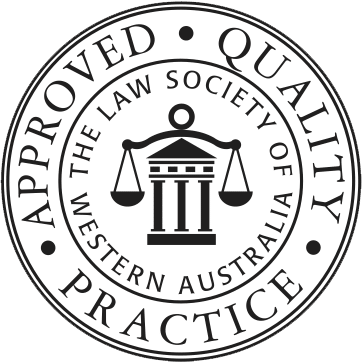Disclosure in Family Law Cases – Some Practical Tips
What is disclosure?
Disclosure is the process whereby each party to a legal dispute exchanges relevant documents in their possession or control. Parties of family law cases have a duty to exchange both documents that are helpful and detrimental to their case. The aim of disclosure is to help the parties focus on genuine issues, reduce costs and encourage settlement.
The duty requires parties to make early, full and continuing disclosure of all information relevant to the case, to each other party, and the court.
What documents are relevant?
Each family law matter is unique and therefore what is required to be disclosed will differ on a case by case basis. For example, the following documents are often relevant in property settlement matters but may not be relevant to children’s matters:
- payslips;
- bank statements;
- superannuation statements; and
- tax returns.
How to compile your disclosure documents
Parties will often be required to produce a list which categorises and describes their disclosure documents. This is a time consuming process and can therefore be expensive. However, there are things you can do to considerably reduce your costs:
Firstly, all documents should be divided into broad categories. For example:
- bank statements;
- mortgage contracts and statements;
- taxation documentation;
- employment documentation;
- superannuation documentation;
- shares/securities documentation;
- company/business/trust documentation;
- property (real-estate) documentation;
- bills/invoices/receipts; and
- miscellaneous.
The documents in each category should then be ordered chronologically, starting with the earliest document at the top and ending with the most recent at the bottom.
Can I write on documents, to explain something?
You should not write on a document. Instead, if you need to explain something to your solicitor, write it on a post-it note and attach it to the document.
If two documents relate to each other in a critical way (for instance, a bank statement and a deposit slip for that account), you may wish to paper clip them together.
Is it privileged?
Personal notes and documents should be kept separate from official documents. An example of a personal document is a diary. An example of an official document is a bank statement. Sometimes personal documents are privileged and therefore exempt from production (ie, allowing the other party to inspect the document, or providing a copy). Separating them will assist your solicitor.
How to save costs on the disclosure process
Only documents relevant to a family law case need be disclosed. If necessary, your solicitor can assist in determining what documents are relevant. This will ensure that a lot of time and money is not wasted sorting through irrelevant material.
It is important to comply completely with your solicitors request for documents. Often a lot of time and money is spent chasing-up clients who have not provided the necessary documents. You should make every effort to obtain documents which are not already in your possession (but that are in your control).
For example, you should personally contact the Australian Taxation Office to obtain your past three years’ tax returns. Having your family lawyer do it for you will result in greater legal fees.
Finally, you should get into the habit of disclosing all relevant documents on an ongoing basis. For example, when you get a new bank statement, give it to your solicitor.
Disclosure is not just a ‘once off’ obligation, it continues throughout your case, and until judgment is pronounced and orders entered in the record.
If you have any queries or wish to obtain advice in relation to any of the issues raised in this article please make an enquiry with our firm.
The above does not constitute specific legal advice but is general information only.
Let’s meet, and figure it out
For practical advice about what you should do next, please call to arrange a no-obligation initial consultation.

